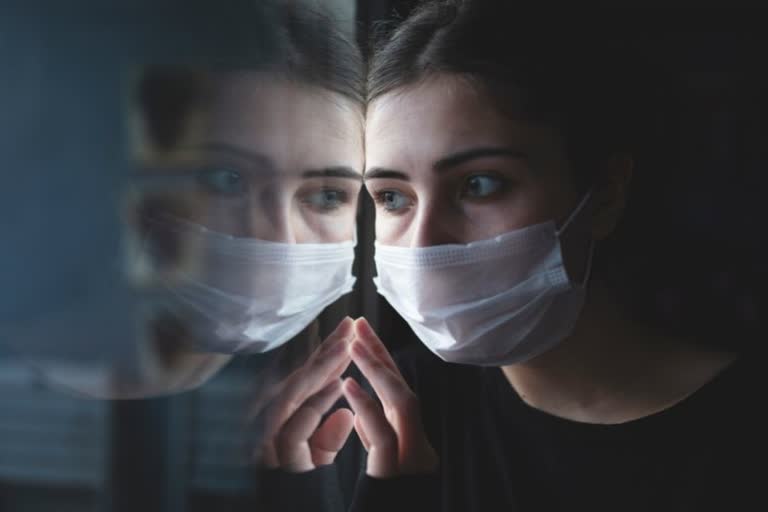When living in a time of great uncertainty and threat, it can be difficult to remember and practice simple strategies to maximise wellness. If you're isolating at home with COVID, it's important to:
- manage fever and other symptoms like aches, pains and sore throat with paracetamol or ibuprofen.
- maintain a healthy diet
- keep your fluid intake up, particularly if you have a fever
- stop exercise for at least 10 days, and depending on the severity of your symptoms, return to exercise slowly (if you have any questions about returning to exercise, ask your General Physician)
- deep breathing, which can help lung function and help you stay calm during isolation and recovery, but this should be done in consultation with your doctor
- practise mindfulness to help cope with the inevitable anxiety around illness and isolation
- find distractions like reading, watching movies or doing a creative activity, which can help keep your brain from fixating on worry (this is particularly important for children)
- stay connected with friends and family, online or over the phone.
It's important to monitor your COVID symptoms. The Royal Australian College of General Practitioners has a useful symptom diary to assist with this. Or use the Healthdirect symptom checker to decide whether you need medical help. If you live alone, you should arrange for someone to contact you regularly to make sure you are managing.
Some coping strategies to avoid
During times of anxiety and uncertainty, such as isolating at home with COVID, it's understandable people may turn to drugs and alcohol, unhealthy eating, gambling, or other addictions to manage psychological discomfort.
These strategies may temporarily alleviate stress. But they can cause more mental health issues in the longer term. It's also important to avoid doom scrolling, which is the tendency to continue to scroll through bad news on your mobile phone, even though the news is saddening, disheartening or depressing. You might want to disengage from mainstream or social media if it has become harmful to your mental health.
It's been extra hard for those with mental illnesses
The pandemic has made living with mental illness even more difficult. The last few years have been challenging and exhausting for many. People with mental illnesses, and other chronic conditions, have had to adapt their normal management strategies to cope, shifting care and some forms of therapy online.
Recovery from, and management of, mental illness often involves activities like exercise, positive social engagement and therapy all of which may be limited due to COVID restrictions, financial constraints and staff shortages. Acute services, including hospitals and general practice, are struggling to meet demand.
Isolation can be particularly difficult for people who don't have a safe and secure home. People experiencing domestic violence have more difficulty accessing care as they may not be safe interacting with health professionals in their homes. Children are at increased risk of harm if they live with domestic violence. They may have no safe places to go when schools or childcare facilities are closed, so family, friends and services like Kids Helpline play an important role in supporting children.
(By Louise Stone, Australian National University; as appeared in The Conversation)
Also Read: Is COVID-19 pandemic affecting kids' brains?



